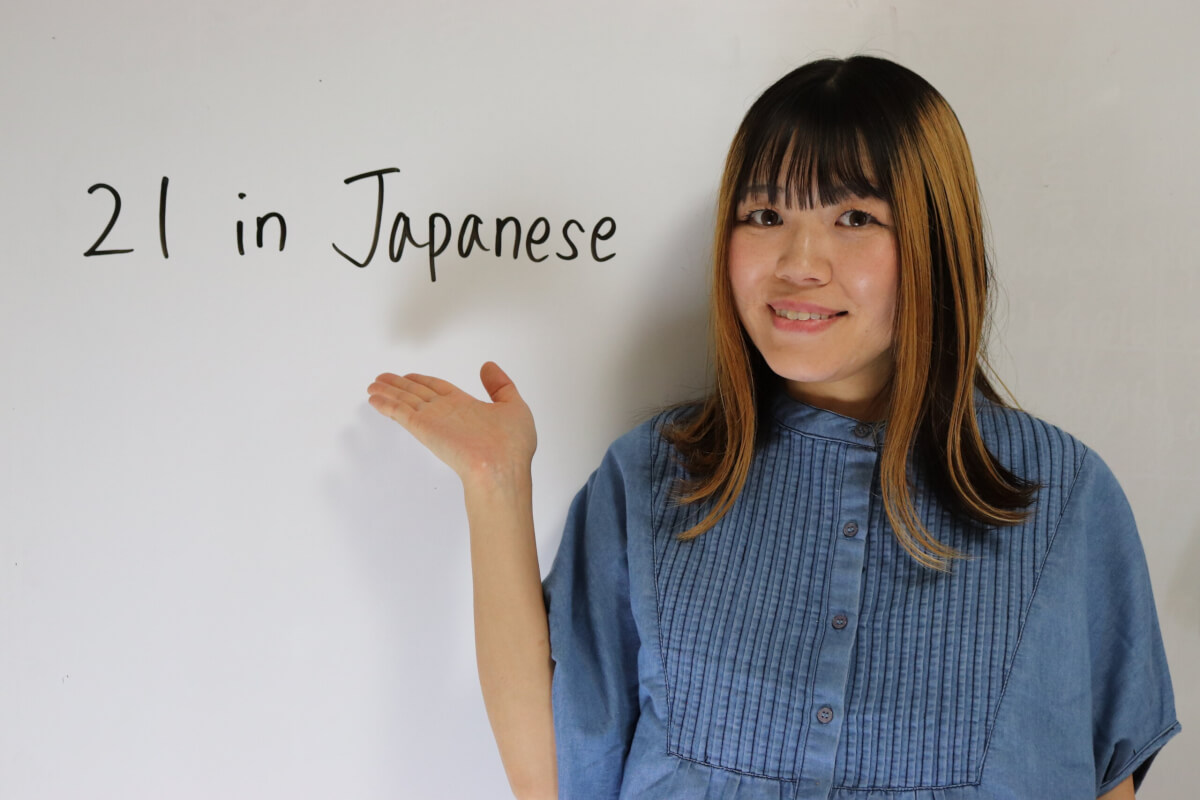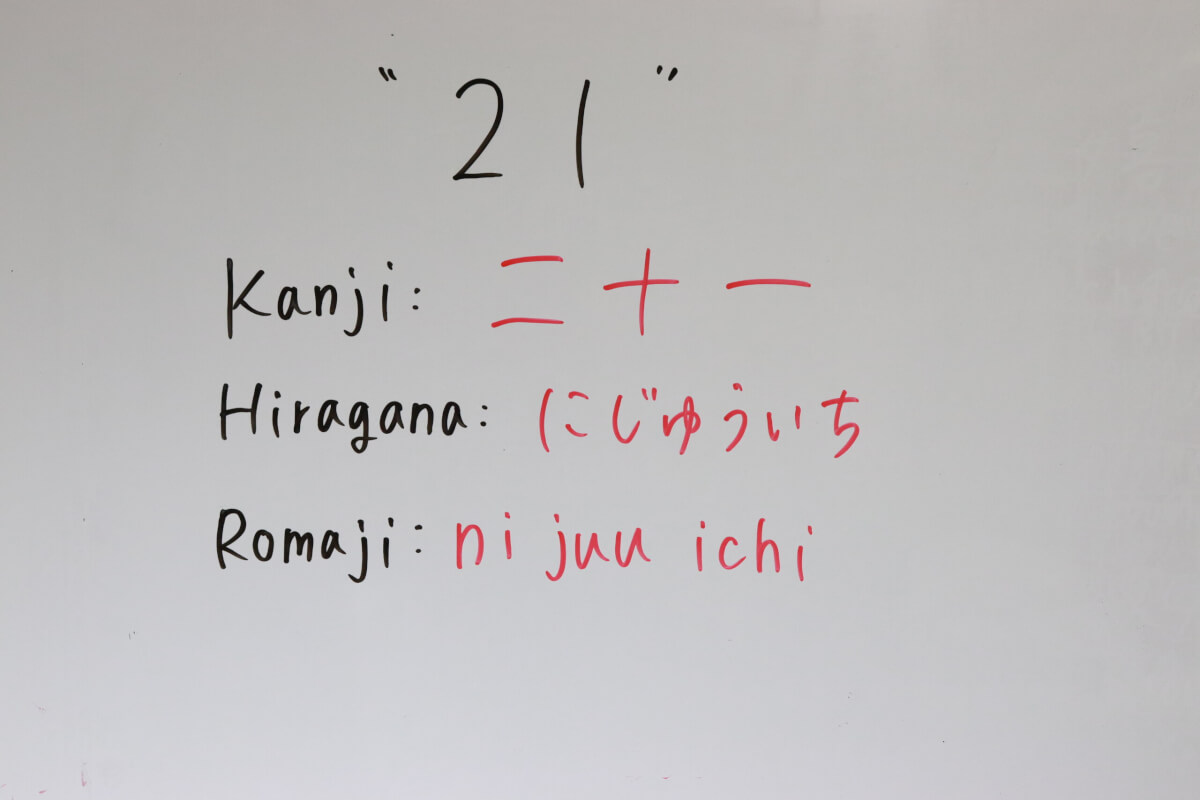- Release Date:
21 in Japanese

In this article, you will learn how to say "21" in Japanese.
Twenty-one years old is the age of adulthood in some countries. I will also summarize the age of adulthood in Japan.
How to say number twenty-one in Japanese
Twenty-one in Japanese is "二十一 にじゅういち/nijuu ichi/".

What does 21 years old mean in Japanese?
In Japan, 21 years old is not considered a special age. Instead, 20 years old (hatachi) is regarded as a significant one. Turning 20 is recognized as reaching "adulthood" legally, and it brings with it many important social and legal rights and responsibilities. Specifically:
- Voting Rights: In Japan, individuals were granted the right to vote at the age of 20 (although a law change in 2016 lowered the voting age to 18).
- Drinking and Smoking: From the age of 20, individuals are legally allowed to drink alcohol and smoke.
- Contracts: Upon turning 20, individuals can enter into various contracts independently without parental consent.
On the other hand, there are no special ceremonies or significant legal changes associated with turning 21. It is considered just another age within adulthood in Japan.
Japanese idioms using the number twenty-one
An idiom using the word "twenty-one" is "二十一世紀 /nijuu issei ki/ twenty-first century." This is often written in Kanji.
Alternatively, there is a variety of pear called "二十一世紀梨/nijuu issei ki nashi/ 21st Century Pear," which is an improved 20th-century version of the pear, a cross between a red pear and a pear. It is sold in Japanese supermarkets and is very juicy and delicious.
